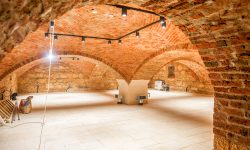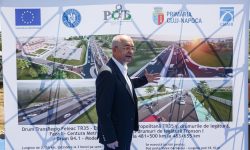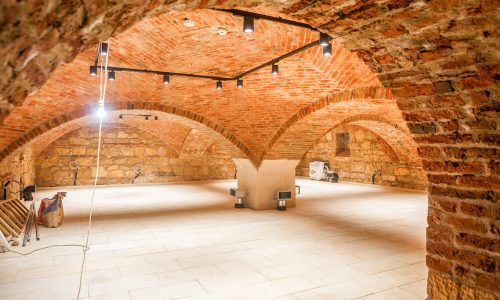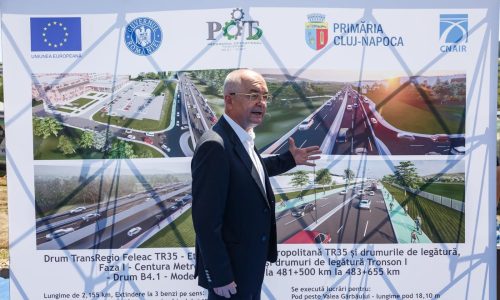Emil Boc has won another term as the mayor of Cluj-Napoca, securing 45% of the vote in the recent local elections. His closest competitor, Sabin Sărmaș, garnered 30% of the vote, according to parallel counting conducted by the National Liberal Party (PNL). This victory extends Boc's tenure, reinforcing his longstanding influence in the region.
Alin Tișe Elected President of Cluj County Council
Alongside Boc's victory, Alin Tișe of PNL has been elected as the president of the Cluj County Council. Rareș Bogdan, the first vice-president of PNL, announced the party's dual triumph in Cluj: “At Cluj, we won both the Mayor's Office and the County Council.”
Voter Turnout and Participation
The voter turnout in Cluj was notably high, with over 50% of the registered electorate casting their ballots. Specifically, 312,026 individuals voted, accounting for 50.32% of the total 614,807 registered voters. This participation rate, while impressive, was slightly lower than that observed during the last European parliamentary elections, which saw a 54.81% turnout.
Following his electoral victory, Emil Boc took to Facebook to express his gratitude:
“Dear citizens of Cluj,
Thank you for placing your trust in me, allowing me to continue working at the City Hall of Cluj-Napoca.
I sincerely thank all of you who voted for me and those who came out to vote regardless of the weather.
I also thank those who did not vote for me. I want to assure you that your voice has been heard.
In Cluj, we have always succeeded and will continue to succeed together. I have been and will remain the mayor of all the people of Cluj. Thank you!”
A Look Back at Emil Boc's Political Journey
Emil Boc's political career has been marked by significant milestones and leadership roles. Born on September 6, 1966, in Răchițele, Cluj County, Boc first rose to prominence as a member of the Democratic Liberal Party (PDL). He was elected as the mayor of Cluj-Napoca in 2004, defeating the nationalist Gheorghe Funar, who had held the position for twelve years.
Boc's influence extended beyond local politics when he served as the Prime Minister of Romania from December 2008 until February 2012. During his tenure, he faced significant challenges, including economic austerity measures and political instability. His government was ultimately toppled by a vote of no confidence in October 2009, but he returned to office after the presidential elections that saw Traian Băsescu re-elected as president.
Cluj-Napoca: A Hub of Innovation and Opportunity
Emil Boc's leadership has been instrumental in transforming Cluj-Napoca into a cosmopolitan and multicultural city, renowned for its vibrant community and economic potential. The city is home to over 100,000 students from across Romania and abroad, contributing to its reputation as a center of education and innovation. This young, highly skilled workforce is a key factor in Cluj's development, making it one of the top cities in Europe for growth potential.
In addition to its universities, Cluj-Napoca offers a modernising infrastructure, transparent decision-making processes, and industrial parks equipped with the necessary facilities for 21st-century business environments. The city attracts hundreds of businesspeople from around the world, establishing itself as a true European financial and economic centre.
Today, Cluj-Napoca is a regional hub of innovation and opportunities, an attractive tourist destination, and a pleasant place to live, work, and study. The local authorities are responsible and open, supported by active citizens and a dynamic business community. Boc's administration continues to focus on green initiatives, including planting 100,000 new trees and expanding green spaces to enhance the quality of life.
As Emil Boc embarks on another term as mayor, the residents of Cluj-Napoca can look forward to continued progress and development under his experienced leadership. Cluj-Napoca remains at the heart of Transylvania, welcoming everyone to experience its hospitality and vibrant community.



